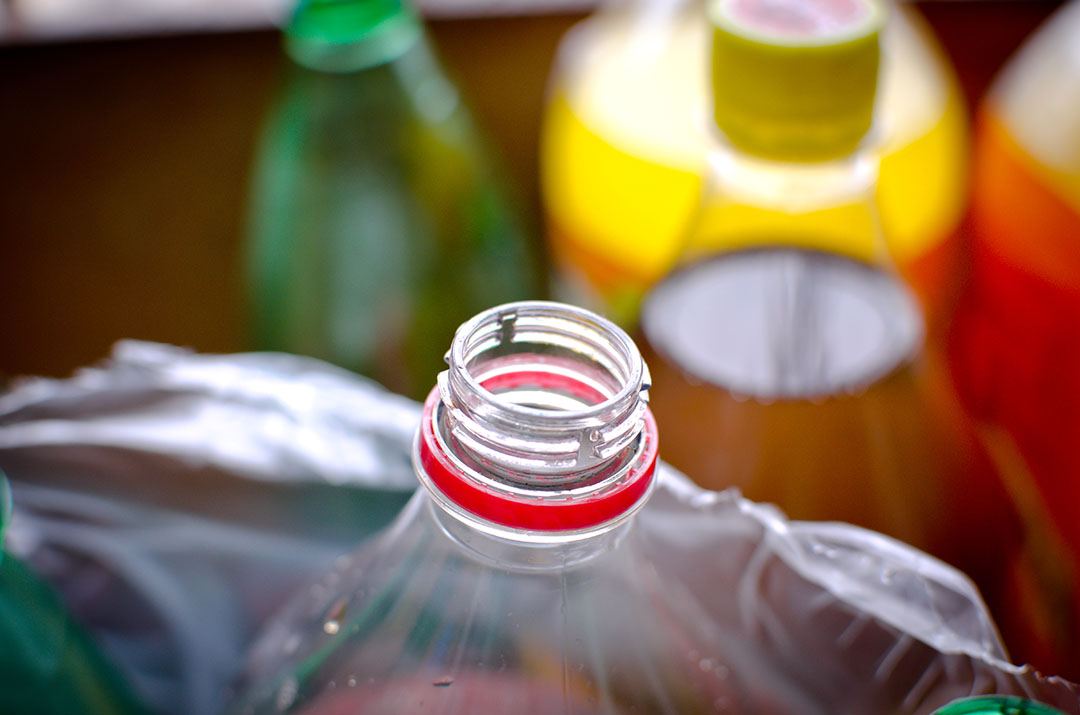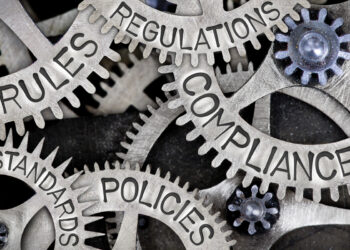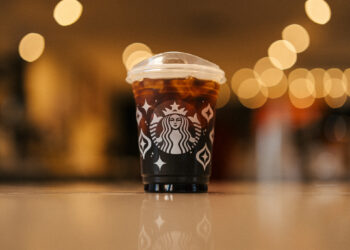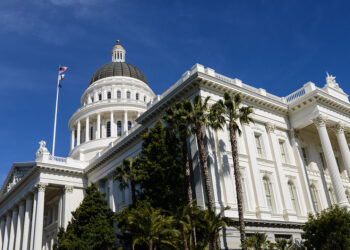Plastics producers who failed to meet Washington state’s minimum post-consumer resin threshold were recently hit with fines ranging from a couple hundred dollars up to $55,000.
The Washington Department of Ecology on June 5 announced penalties against nearly two dozen companies that produce plastic beverage containers and trash bags. The penalties were triggered when those companies reported recycled content use in 2024 that was below the state mandate of 15% for beverage containers and 10% for bags.
Together, the 23 fined companies were assessed $277,000 in penalties, which were calculated based on how far short they were of the minimum requirement, how much plastic resin they sold into the state and an added 20-cent multiplier.
The largest fine went to Arizona Beverages USA, which reported using no recycled content and was hit with a $54,868 penalty. Other top penalized companies were Ocean Spray Cranberries, which used 0% PCR and was fined $44,130, and Sazerac Company, which used 5.3% and was fined $37,657.
Plastics Recycling Update queried those three companies for comment but did not hear back.
This is the second round of fines Washington state has issued for PCR mandate violations. The mandate took effect in 2023, and in October 2024, the state issued $416,000 in fines against 35 companies. A number of companies were fined both years, including Albertsons, Arizona Beverages USA, Arcadia Farms, good2grow, HP Hood, Jim Beam, Kraft Heinz, Milo’s Tea Company, Ocean Spray Cranberries, Richardson Bottling Company, Sazerac, Kroger, Tradin Organic, Tree Top, Uline and Welch Foods.
In a statement, Peter Lyon, solid waste program manager for the ecology department, noted that “several producers made applaudable gains last year increasing their recycled content in spite of not reaching the required minimum amount.”
For 2025, the recycled content mandate has increased to 25% for plastic trash bags, and more types of plastic containers are now covered. By 2036, the law will cover even more types of consumer packaging and will require 50% PCR for most of them.
Lyon added that producers that have made strides but are still short “will need to expand those efforts in the coming years as the law continues to cover a wider range of products with increased minimum recycled content requirements.”
The fined companies, their PCR usage and penalty total were as follows:
- Albertsons Companies
- 14.66% PCR
- $2,943
- Amazon.com Services
- 7.03% PCR
- $3,430
- Arcadia Farms
- 0% PCR
- $2,772
- Arizona Beverages USA
- 0% PCR
- $54,868
- Copra Inc.
- 0% PCR
- $1,992
- good2grow
- 0% PCR
- $3,726
- Harvest Hill Beverage Company
- 0% PCR
- $29,087
- HP Hood
- 0% PCR
- $11,177
- Jim Beam Brands
- 0.79% PCR
- $2,666
- Kraft Heinz Foods Company
- 0% PCR
- $2,499
- LODC Group, Ltd DBA Lily of the Desert
- 0% PCR
- $3,169
- Milo’s Tea Company
- 0% PCR
- $8,159
- MPL Brands NV
- 0% PCR
- $3,599
- Ocean Spray Cranberries
- 0% PCR
- $44,130
- Richardson Bottling Co.
- 8.08% PCR
- $723
- Sazerac Company
- 5.30% PCR
- $37,657
- Shamrock Foods & Company AZ Dairy Division
- 0% PCR
- $1,397
- The Kroger Co.
- 0% PCR
- $16,849
- Tradin Organic
- 0% PCR
- $4,765
- Tree Top
- 0% PCR
- $20,508
- Uline
- 0% PCR
- $15,801
- Unique Beverage Company
- 0% PCR
- $4,521
- Welch Foods
- 14.54% PCR
- $194





























